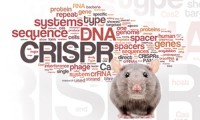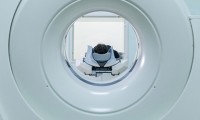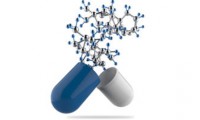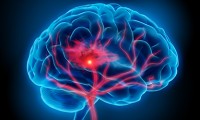-
DeepMind Diagnoses Eye Disease With Artificial Intelligence
- Source: Frontline Genomics
- 545
- February 9, 2018
-
Microsoft Wants to Use Artificial Intelligence to Make CRISPR More Accurate
- Source: GIZMODO
- 419
- January 11, 2018
-
Artificial Intelligence Pilot Project to look for Suicide Warning Signs across Canada
- Source: The Canadian Press
- 393
- January 3, 2018
-
Artificial Intelligence Could Help in Breast Cancer Diagnosis
- Source: healthline
- 650
- December 19, 2017
-
Yingsi Intelligence has discovered an AI driven WRN inhibitor that targets highly microsatellite unstable cancer
- Source: drugdu
- 60
- September 13, 2024
-
Facebook Collaborates with NYU to Develop Faster MRI Scans Using AI
- Source: The Verdict
- 865
- August 23, 2018
-
Deep Learning used by Johns Hopkins Researchers to detect Pancreatic Cancer Early
- Source: Healthcare IT News
- 920
- August 20, 2018
-
Invention of ReLeaSE for Drug Designing
- Source: ScienceDaily
- 566
- August 6, 2018
-
AI Code of Conduct to be Laid Down by NHS Later in 2018
- Source: DigitalHealth.net
- 895
- July 24, 2018
-
Viz.ai Develops AI Software to Detect Stroke
- Source: FierceBiotech
- 822
- July 20, 2018
your submission has already been received.
OK
Subscribe
Please enter a valid Email address!
Submit
The most relevant industry news & insight will be sent to you every two weeks.













